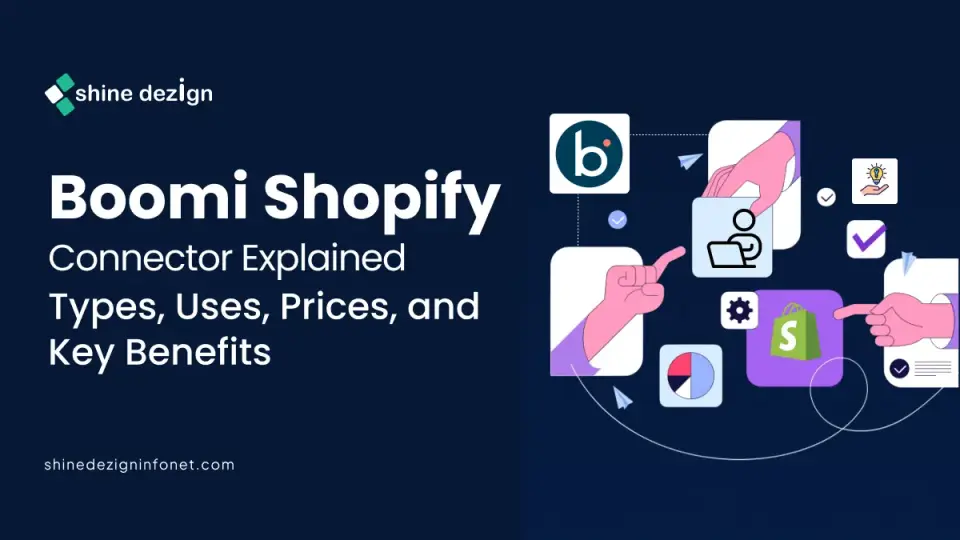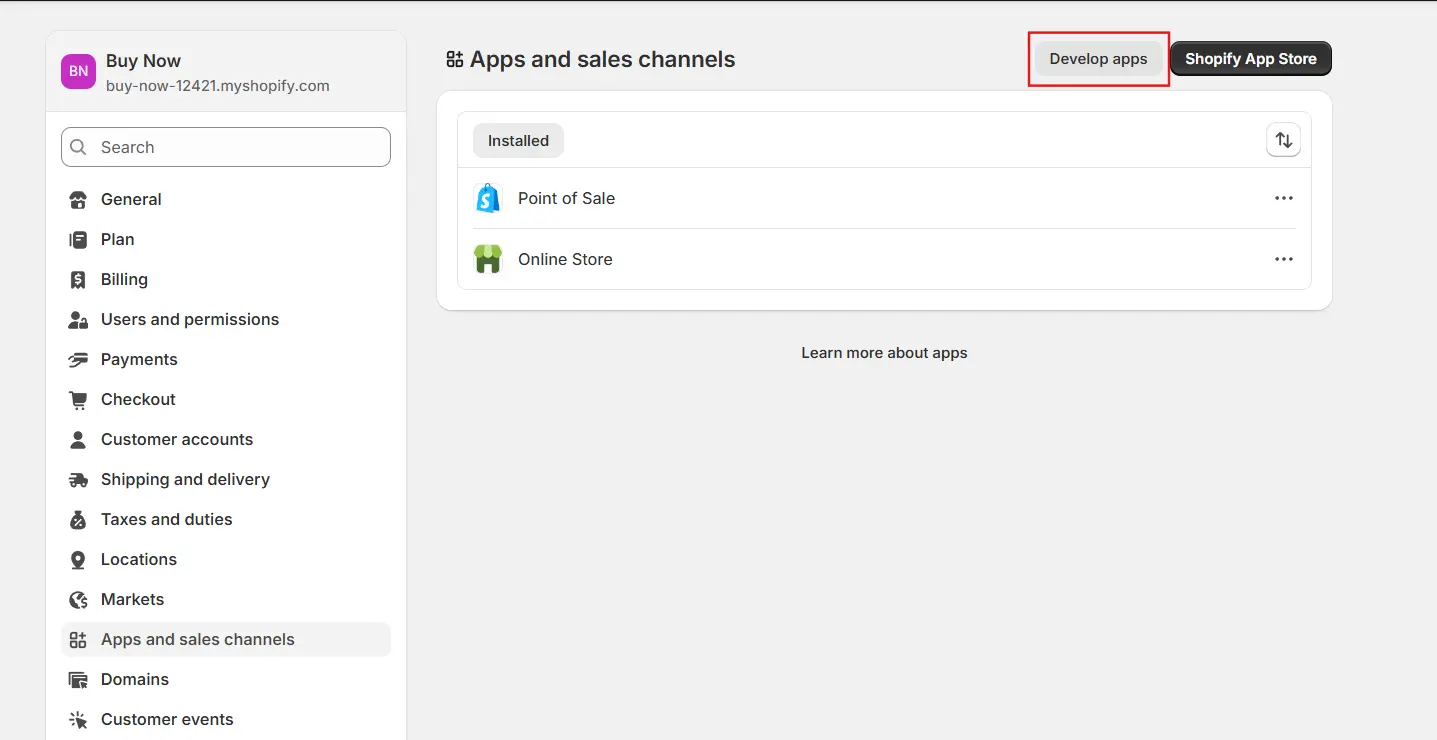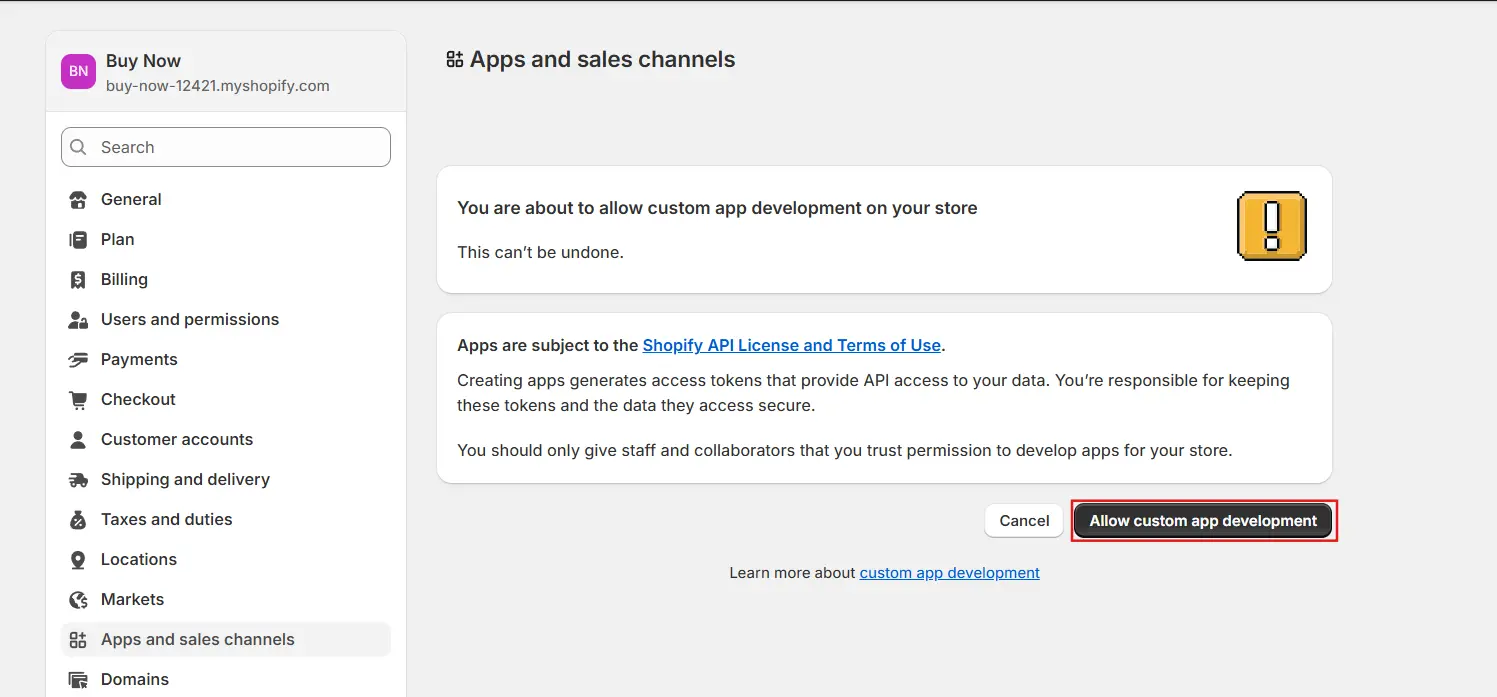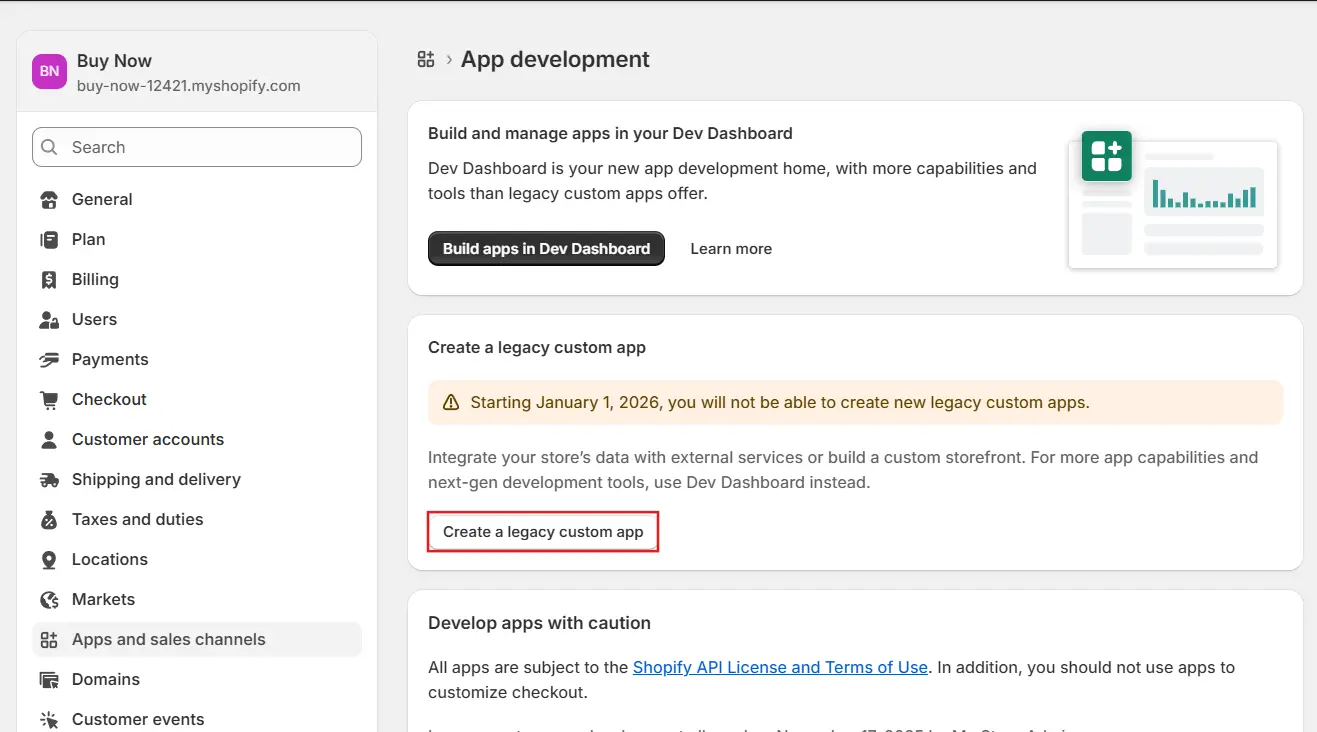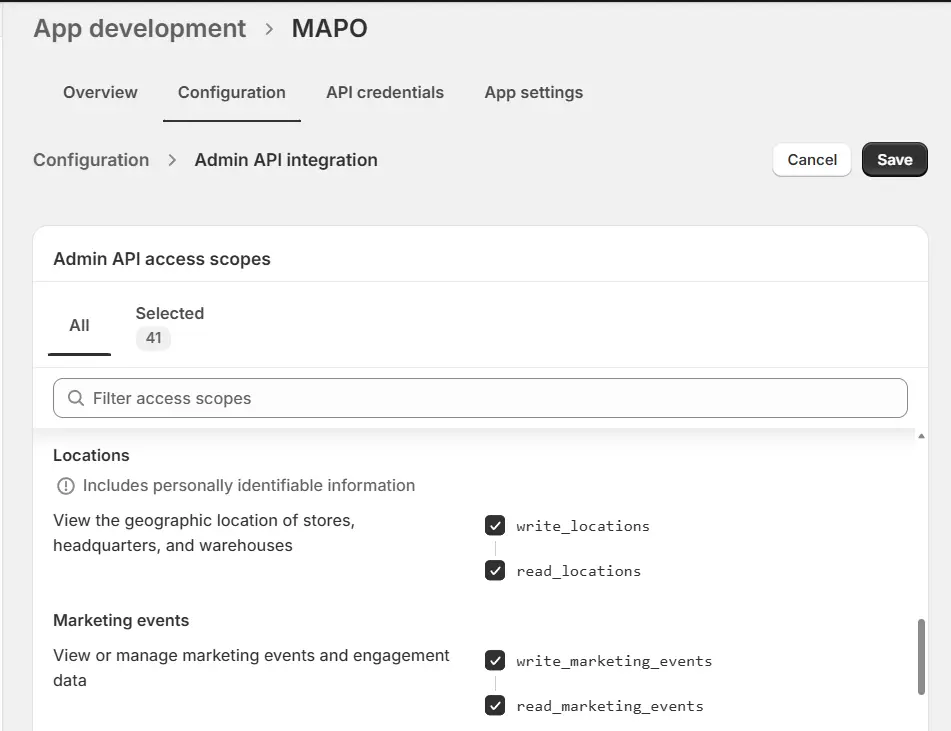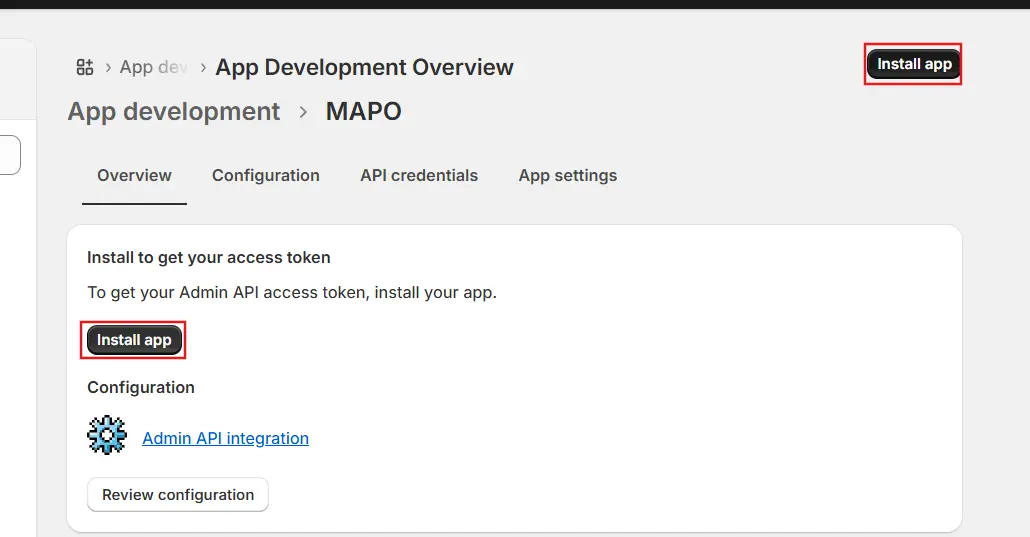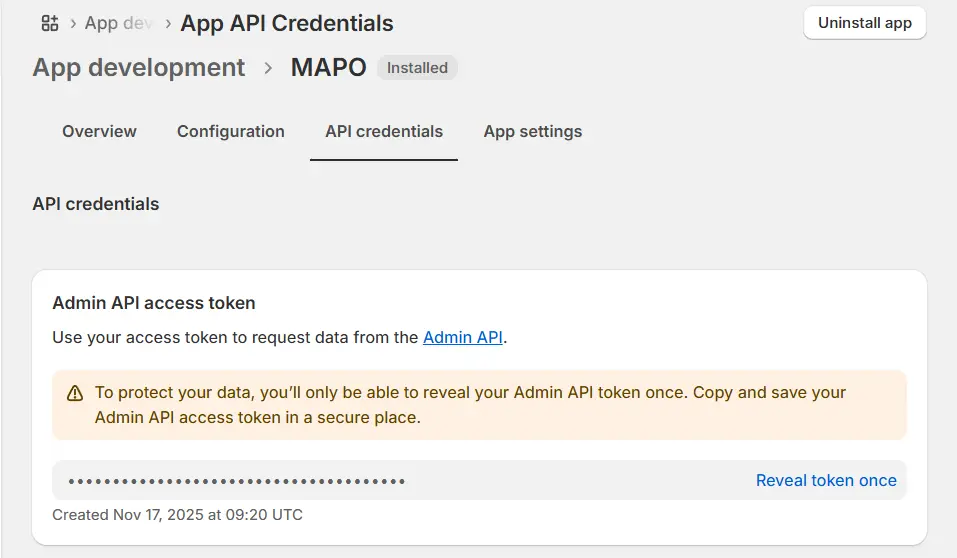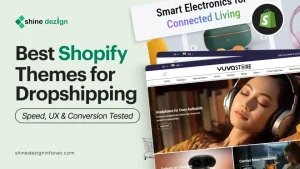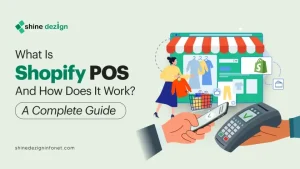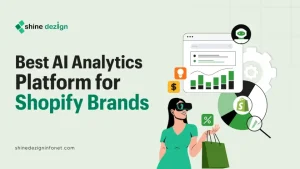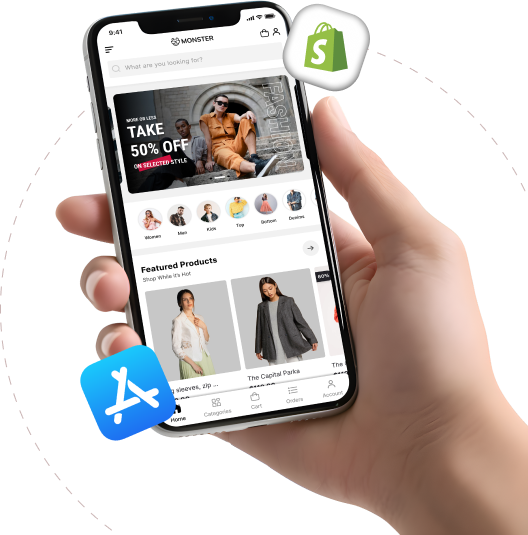Table of Contents
- Introduction
- What is Boomi Shopify Connector?
- What are the Types and Uses of Boomi Shopify Connector?
- What are the Pricings and Plans of Boomi Shopify Connector?
- How Boomi Shopify Connector Works?
- What is the Step-by-Step Process of Connecting Boomi and Shopify?
- What are the Things to Remember?
- Conclusion
Managing Shopify data can be tricky, but the Boomi Shopify Connector makes it easy. This pre-built tool enables you to connect and sync e-commerce data, such as sales and inventory, with other platforms without requiring coding.
In this blog, we will cover its types, uses, pricing, benefits, and setup steps to help you get started.
What is the Boomi Shopify Connector?
The Boomi Shopify Connector is a pre-built integration tool within Boomi’s Advanced data integration platform. It enables seamless extraction and synchronization of data from Shopify e-commerce stores, such as sales orders, customer details, inventory, and advertising metrics.
Designed for ease of use, it connects Shopify to various destinations, such as data warehouses, data lakes, or other applications, facilitating unified data flows without requiring custom coding or infrastructure management. According to Boomi’s documentation, it’s part of their trusted ecosystem for fast, secure, and scalable integrations.
Additionally, it supports both predefined reports and custom data pulls, making it versatile for businesses of all sizes. Boomi emphasizes its role in reducing integration complexity, with features such as automated schema mapping and support for both real-time and batch data syncing.
What are the Types and Uses of the Boomi Shopify Connector?
The Boomi Shopify Connector comes in flexible types tailored to different data needs, primarily categorized by how data is accessed and processed. Its uses span e-commerce analytics, reporting, and operational efficiency.
Types of the Connector
1) Application Connectors (E-Commerce):
As part of Boomi’s e-commerce category, the Shopify Connector specializes in online retail data, enabling connections to platforms like Shopify for seamless commerce data flows.
Application connectors help connect Boomi to e-commerce platforms so data can move between systems without manual work. They enable you to pull and send product, order, customer, and marketing data in real-time. These connectors make it easy to integrate Shopify, eBay, Zoom, and other online tools into a single workflow. They are primarily used to automate daily store operations and ensure all systems are up to date.
Shopify –
The Boomi Shopify Connector integrates with Shopify’s e-commerce platform to manage online storefronts, enabling operations such as creating, querying, updating, and deleting objects, including products, orders, customers, and inventory. It supports synchronization with ERPs (e.g., NetSuite) for accurate catalog and order data, utilizing the Shopify API version 2024-11 with OAuth 2.0 or access token authentication.
Prerequisites include TLS 1.2 support, your Shopify storefront address, and the appropriate access scopes. It logs API details and allows custom tracked properties for monitoring. Supported objects include Fulfillments, Refunds, Transactions, and more, with actions varying by object type.
Benefits:
- Enables seamless integration with Shopify for managing products, orders, customers, and inventory.
- Supports real-time data synchronization to automate e-commerce workflows.
- Provides secure and scalable connections for online retail operations.
- Facilitates API-based interactions for custom integrations.
Uses:
- Syncing product catalogues and inventory levels between Shopify and other systems.
- Automating order processing and fulfilment workflows.
- Managing customer data and marketing campaigns across platforms.
- Retrieving and updating sales data for analytics and reporting.
2) Data Platform Connectors (E-Commerce):
Data platform connectors for e-commerce integrate online retail systems with warehouses, data lakes, and analytics tools to automate Extract, Transform, and Load processes, store diverse data, and enable real-time insights, such as forecasting. They handle large-scale data through parallel processing, compression, and error handling to ensure reliability in high-throughput environments. This reduces data silos, enhances scalability, and supports compliance with regulations like GDPR.
Shopify Data Integration –
The Boomi Shopify Connector enables seamless integration between Boomi AtomSphere and Shopify’s e-commerce platform, allowing users to automate data synchronization for products, orders, customers, and inventory. It supports RESTful API interactions for both real-time and batch operations, facilitating workflows such as order fulfillment and inventory updates.
Authentication uses Shopify API credentials, and the connector handles pagination, error handling, and rate limiting to ensure reliable data transfers. This tool is ideal for businesses needing to connect Shopify with other systems for enhanced operational efficiency.
Benefits:
- Enables seamless integration of Shopify data with data warehouses, lakes, and analytics platforms for efficient data processing and storage.
- Supports real-time data synchronization to automate workflows and reduce manual data handling.
- Provides scalable connections for handling large volumes of e-commerce data, such as sales, inventory, and customer information.
- Facilitates secure and compliant data flows, ensuring data integrity across the system.
Uses:
- Syncing product catalogues, orders, and customer data from Shopify to data warehouses like Snowflake or Redshift for analytics.
- Automating data pipelines for inventory management and sales reporting across e-commerce and data platforms.
- Integrating with analytics tools to generate insights on customer behaviour and market trends.
- Enabling Extract, Transform, and Load processes for transforming and loading Shopify data into lakes or databases for business intelligence.
Uses of the Connector
Unified Data Integration: Connect Shopify with other Boomi-supported systems across various categories, including CRM (e.g., Salesforce), ERP (e.g., NetSuite), and cloud storage (e.g., AWS S3), for a holistic business view.
Real-Time Analytics: Sync e-commerce data to data platforms for live dashboards, enabling quick insights into sales trends, customer behaviour, and inventory levels.
Automated Workflows: Use it in messaging or automation scenarios to trigger actions, such as sending notifications or updating records when Shopify events occur.
Scalable Reporting: Leverage data platforms for big data analytics, combining Shopify metrics with other sources for comprehensive reports on performance and ROI.
Cross-Application Automation: Integrate with multiple connectors simultaneously, such as linking Shopify sales data to marketing tools for automated campaign adjustments.
What are the Benefits of the Boomi Shopify Connector?
The connector offers several key advantages for businesses using Shopify, streamlining operations and enhancing decision-making. It leverages Boomi’s iPaaS (Integration Platform as a Service) to provide a cloud-native solution that minimizes downtime and maximizes efficiency.
Holistic Performance Tracking: By integrating Shopify data with other sources (e.g., Salesforce or marketing platforms), you gain a complete view of business performance, including how ads drive revenue and conversions. This includes metrics like customer lifetime value and churn rates, enabling predictive analytics.
Cross-Channel Attribution: It enables the accurate tracking of how different marketing channels contribute to sales, thereby improving attribution models and enhancing campaign effectiveness. For instance, it can link social media ads to Shopify purchases, providing granular insights into ROI.
Campaign Optimization: Unified datasets allow for data-driven optimizations, such as identifying high-ROI keywords or reallocating ad budgets based on performance insights. Boomi’s platform supports advanced modelling to simulate campaign changes before implementation.
Improved Reporting: Consolidating Shopify data with financial or sales systems (like NetSuite) provides comprehensive reports for marketing, sales, and finance teams, reducing silos and enhancing collaboration. Reports can be automated and visualized in tools like Tableau or Power BI.
Additional Perks
- No-Code Simplicity: Easy setup with auto-mapping and no infrastructure to manage, ideal for non-technical users.
- Efficiency: Reduces data development waste through managed modelling and proactive troubleshooting, cutting integration time by up to 80% per Boomi’s claims.
- Scalability: Supports infinite scale for growing businesses, with efficient replication and activation, handling millions of records without performance degradation.
- Speed: Average deployment time under 5 minutes, as per Boomi’s claims, thanks to pre-built templates.
- Cost Savings: Eliminates the need for custom development, lowering operational costs and freeing up IT resources.
What are the pricing and Plans of the Boomi Shopify Connector?
| Plan Name | Pricing | Description/Key Features |
|---|---|---|
| Free Trial | $0 for 30 days | Access to the complete Boomi Enterprise Platform, including core integration features, low-code development, data mapping tools, basic API management, and learning resources. |
| Pay-as-You-Go | $99 per month + usage, billed monthly | Full access to the Boomi Enterprise Platform with no contract or upfront investment. Includes unlimited usage, self-service signup, and all platform capabilities. |
How Boomi Shopify Connector Works?
The Boomi Shopify Connector operates within Boomi’s cloud-based platform, utilizing API connections to pull data from Shopify securely. It supports predefined reports or custom data extractions, then transforms and loads the data to chosen destinations. Key features include automated syncing, schema mapping, and support for SQL/Python modelling.
It’s designed for reliability, with built-in error handling and monitoring, ensuring data integrity across integrations. The connector adheres to Shopify’s API standards, including rate limiting and authentication protocols, and integrates seamlessly with Boomi’s broader ecosystem for multi-step workflows.
What is the Step-by-Step Process of Connecting Boomi and Shopify?
Follow these steps for Boomi Shopify Connections:
Prerequisites
- You need a Shopify admin account with permissions to enable custom app development (store owner or staff with “Enable app development” permission).
- For token authentication, create a custom app in Shopify to obtain an access token.
- For basic authentication (deprecated, only for existing private apps): Use a private app’s API key, password, and store details.
Step 1: Activate Custom App Development (for Token Authentication)
- Log in to your Shopify admin dashboard.
- Go to Settings > Apps and sales channels.
- Click Develop apps.
- Click Allow custom app development.
- Read the warning and click Allow custom app development to enable it.
Step 2: Create a Custom App
- From the same Apps and Sales Channels page, click on “Develop Apps.”
- Click Create a custom app.
- Enter an app name and your contact details, then click ‘Create app’.
Step 3: Configure Admin API Scopes
- In your custom app’s settings, go to the Admin API access scopes section.
- Select “Read” access for the reports you need (e.g., read_orders for orders, read_products for products/variants, read_locations for locations).
- For testing connections, add read_locations.
- Click Save, then Install app to apply the scopes.
Step 4: Retrieve API Access Token and Shop Name
- After installing the app, go to the API credentials tab.
- Click ‘Reveal token’ once to retrieve your Access Token (copy and save it securely).
- In the Configuration tab, note your Shop Name (e.g., “yourstore” from yourstore.myshopify.com).
Step 5: Set Up Basic Authentication (Deprecated, for Existing Private Apps Only)
- In Shopify admin, go to Apps > Manage Private Apps.
- Select or create a private app.
- Note the API Key, Password, and Webhook API Version (supported versions: 2021-01, 2021-04, 2021-07, 2021-10).
- In Admin API Permissions, set reports (e.g., orders, products) to “Read” access.
- Retrieve the Store Name from Settings > General (use hyphens for spaces, e.g., “my-store-name”).
Step 6: Connect to Boomi Data Integration
- Log in to your Boomi account and go to Manage > Connections.
- Click + New and select Shopify as the connector.
- Enter a Connection Name.
- Choose Credentials Type:
- For custom apps, select Token, enter the Access Token, and enter the Shop Name.
- For private apps (deprecated): Select Basic, enter API Key, Password, and Shop Name.
- Click Save to create the connection.
- Use Test Connection to verify it works. If successful, you can now use this connection in your integration flows.
Use Cases and Tips
- Extracting Orders: Use scopes like read_orders, read_all_orders, and read_locations.
- Order Transactions: Same as orders (transactions are included).
- Variants Report: Use the read_products scope.
- Tips: Always test in a sandbox. For large data, consider API limits. If issues arise, check Shopify’s API status or Boomi support.
What are the Things to Remember?
Security First: Always use secure credentials and ensure your Shopify API permissions are set correctly to avoid data breaches. Boomi recommends enabling two-factor authentication.
Data Volume: For large stores, consider sync frequencies to manage API rate limits and costs. Shopify’s API has throttling, so batch processing can help.
Testing: Test integrations in a sandbox environment before going live to verify data accuracy and integrity. Use Boomi’s test mode for simulations.
Updates: Monitor Boomi and Shopify API changes, as connectors may require updates for compatibility. Boomi provides notifications for platform updates.
Support: Leverage Boomi’s resources, like documentation and the marketplace, for troubleshooting or enhancements. Community forums and professional services are available for complex setups.
Compliance: Ensure data handling complies with regulations such as GDPR or CCPA, particularly for customer data.
Conclusion
The Boomi Shopify Connector is a vital tool for e-commerce businesses seeking seamless data integration. It simplifies the connection between Shopify and other systems, delivering faster insights, improved reporting, and optimized operations, all without the complexity of custom builds. Whether you are new to Boomi or expanding integrations, it empowers you to unlock the full potential of your data.
Need expert help in connecting Boomi and Shopify? Contact Us to seek advanced guidance.


